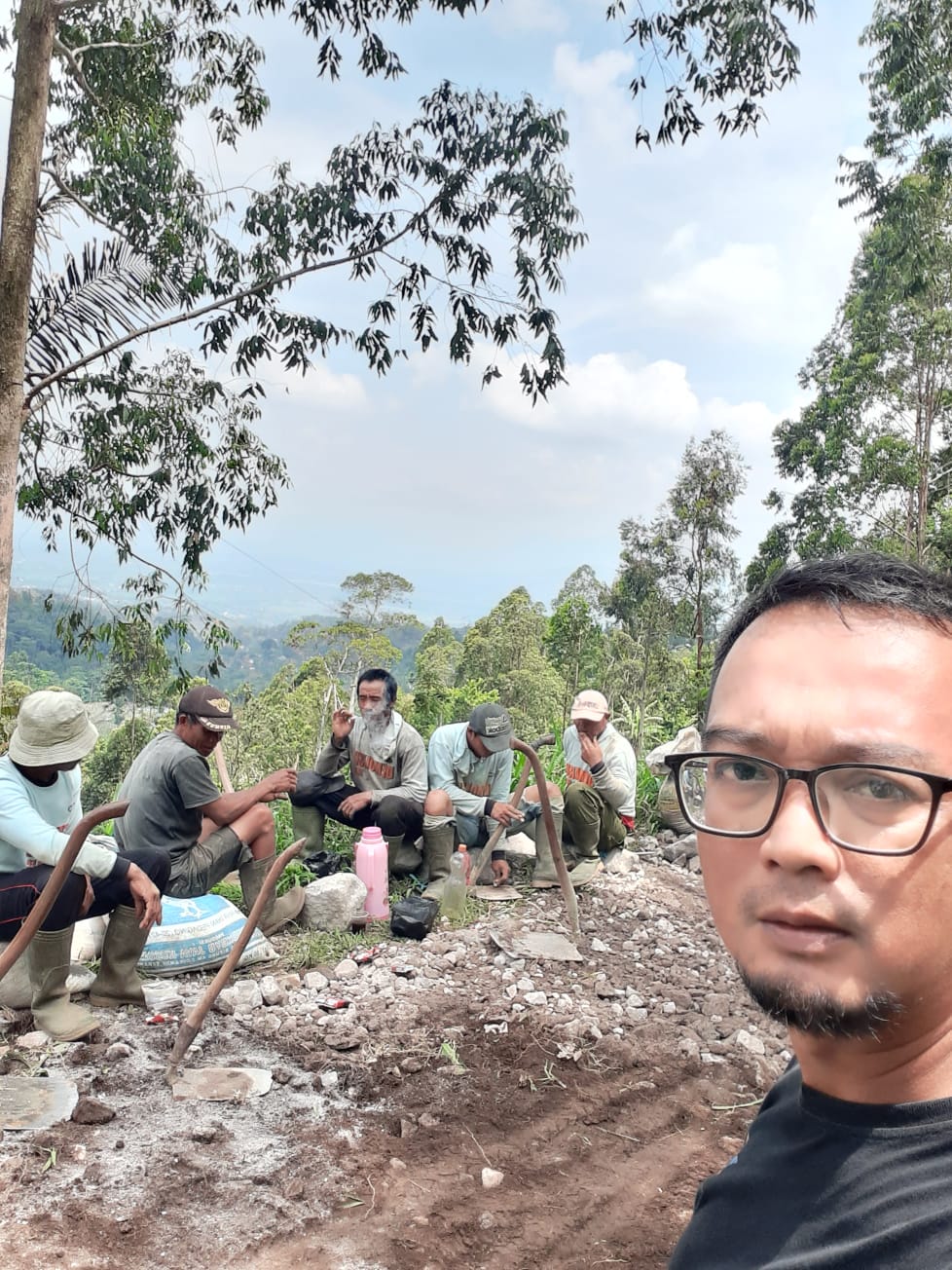Java is one of the most densely populated islands in the world. Once, it was also densely forested, but its legendary expanses of rainforest are almost all gone now, cut for timber or burned to make way for farms.
One profound effect of widespread habitat loss (and hunting) is the extinction of endemic species. The last Javan tiger died in 1976, and many other species are at risk of the same fate. (Though, thanks to one 2019 sighting and a single hair snagged on a fence, some scientists think there may yet be some tigers.) The Javan lutung (a monkey endemic to Indonesia), gibbon, slow loris, and leopard are all endangered. Other species now hang on only in isolated populations, including the fishing cat, Asiatic wild dog, and Javan warty pig.
Much of what’s left of Java’s forest cover is in isolated patches where clearing, logging, and poaching are still problems. One such area of rich but threatened forest grows next to about 750 people in Godog Village. Most of them grow rice, corn, cassava, onions, and other vegetables and raise some livestock. They know that a healthy forest ensures their water supply, prevents landslides, and provides the plants they traditionally gather.
The village is an official co-manager of this critical 100-acre forest watershed, which the government does little to protect. To conserve it, community members will put up signs saying that anyone who cuts trees will be punished. They will also plant native trees in a degraded part of the forest around an important spring. They will publicize a phone number that anyone who sees illegal activity can use to get help.
The village suffers from a shortage of clean water and will use a Seacology grant for a household water delivery system. To involve local people in conservation—crucial for the project’s success—they will build a small “forest watcher” house or training center. The building will give people a place to gather, raise native tree seedlings, and learn best practices for farming.







